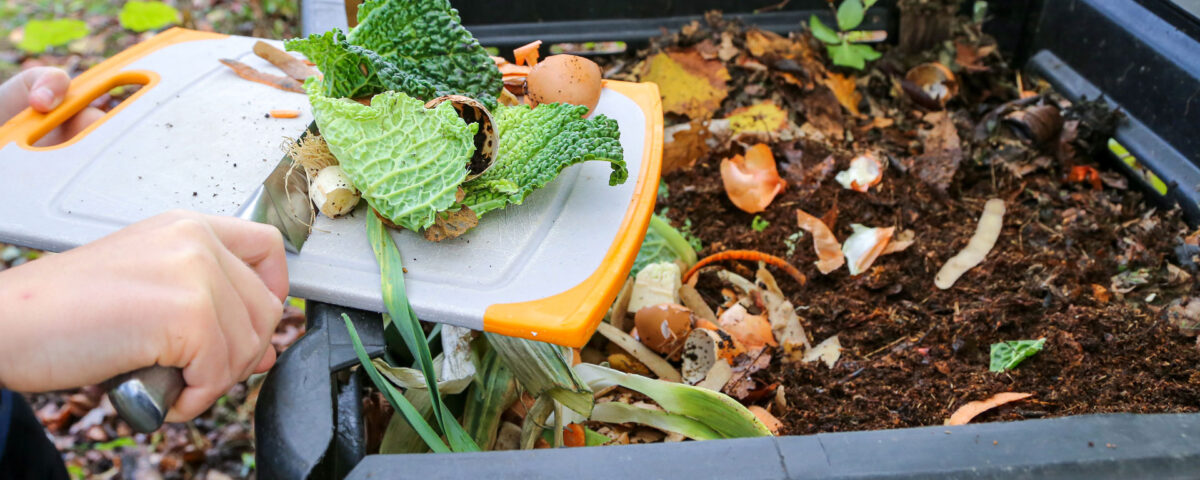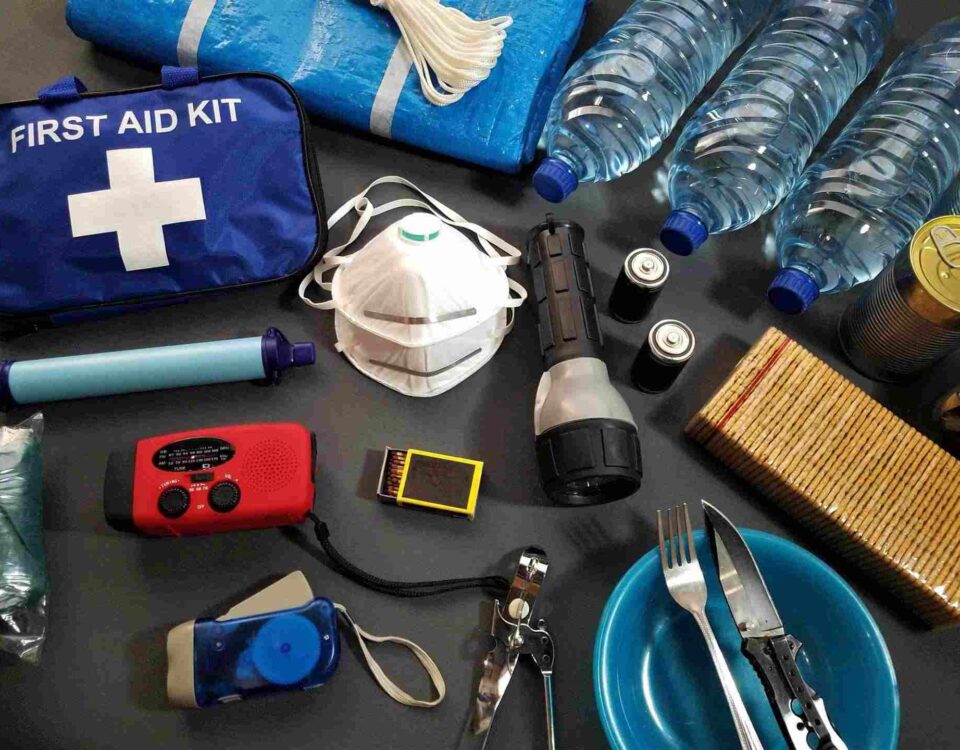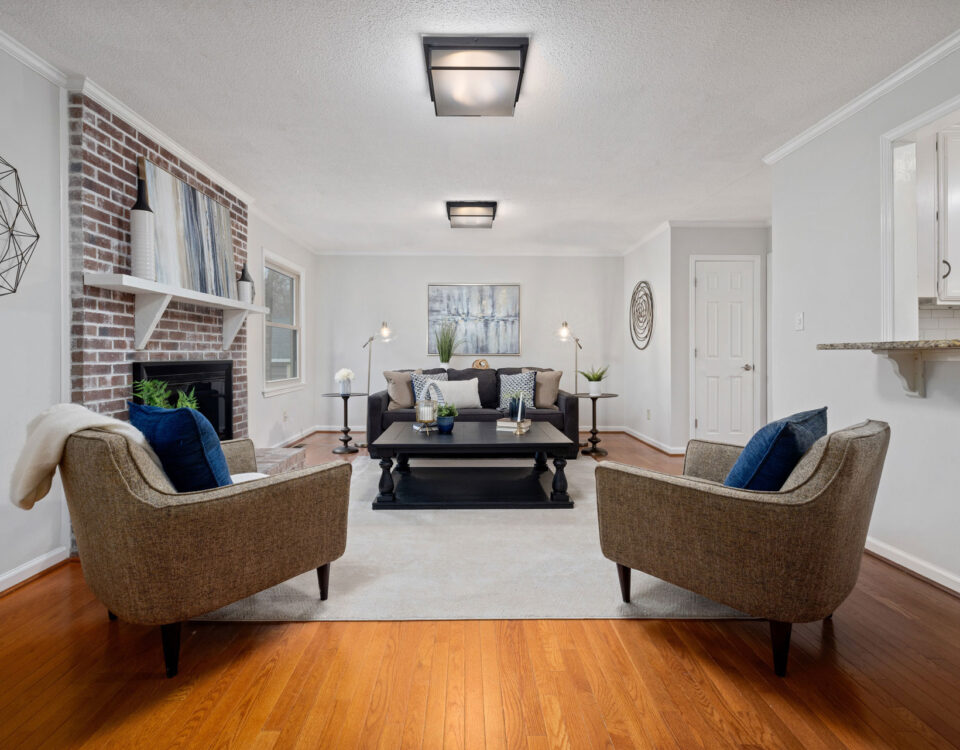Your Guide to Composting at Home, Sustainability Made Easy.

Indoor Plants: The Perfect Guide for Picking the Best Indoor Plants
November 19, 2022
Is Your House Making You Sick? 8 Steps to a Healthy, Non-toxic Home
January 18, 2023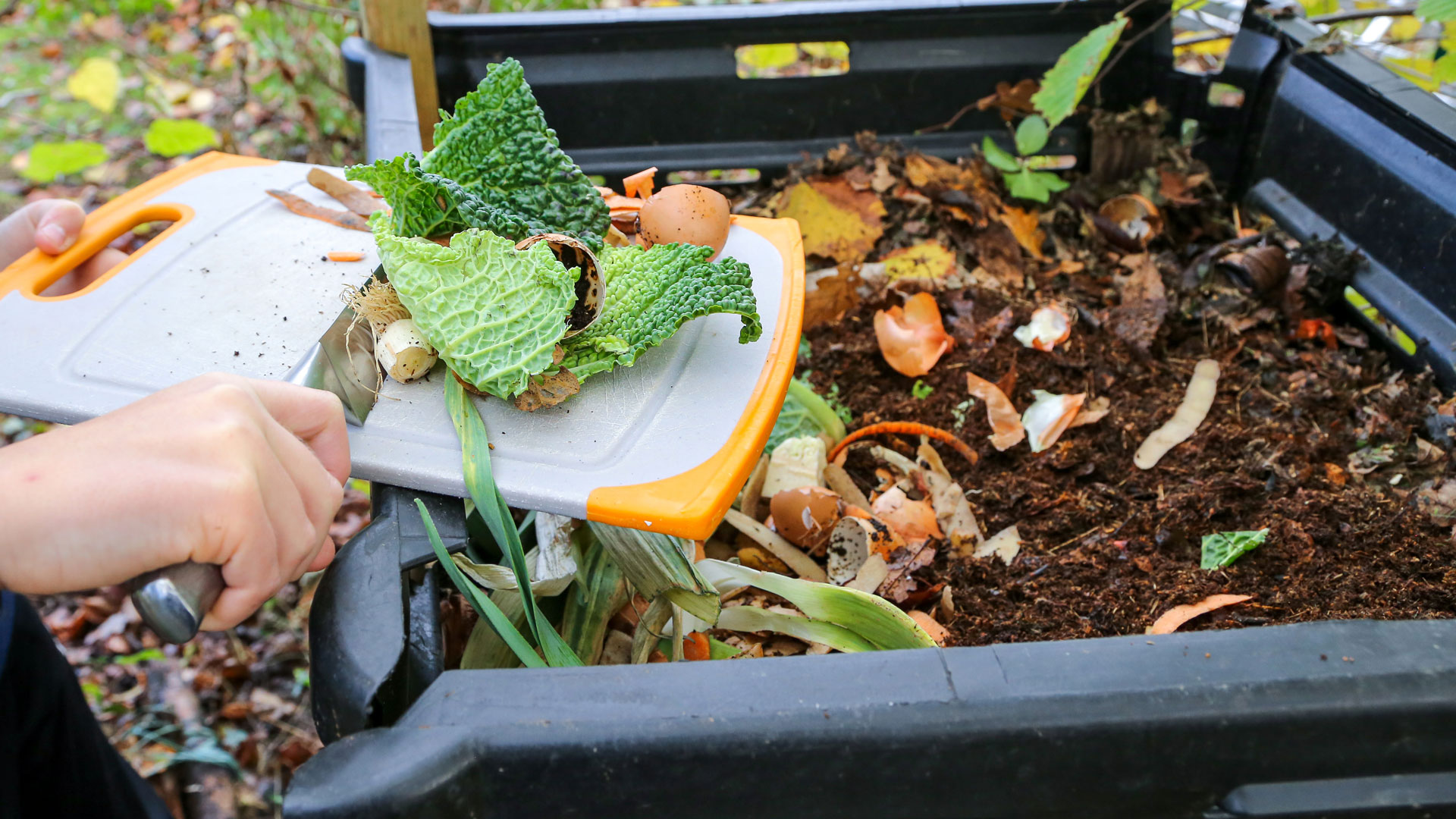
Composting is the simple process of decomposing natural matter with microorganisms. It is a safe and rewarding way to recycle and do your part in protecting the environment. It also brings many benefits to your home, garden and indoor plants. Composting is easy if you follow a few simple steps:
- Find a bin.
- Add to your compost pile.
- Add Water.
- Turn every 3-4 days.
Here is a little more detail to help you be on your way to a more sustainable life.
How to choose a compost bin:
Compost can be held in any container or none at all. If you want to keep your compost outside, you can keep it in a closed garbage bin, box or crate. There are also bins specifically made for composting. If your outdoor compost is only going to hold organic matter and no food scraps, then you can opt for no bin and leave it in a pile in the corner of the yard for a more natural decomposition. For small compost piles kept in the house, consider a decorative ceramic jar for your countertop.

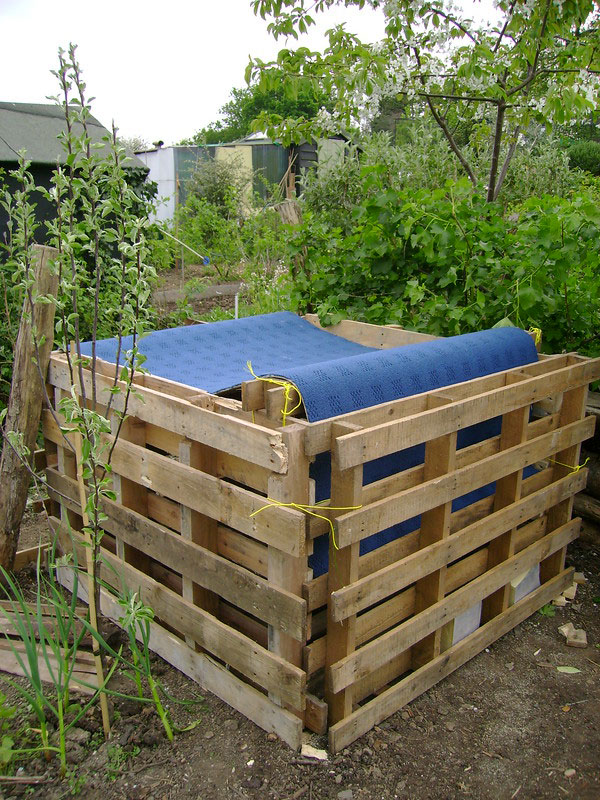
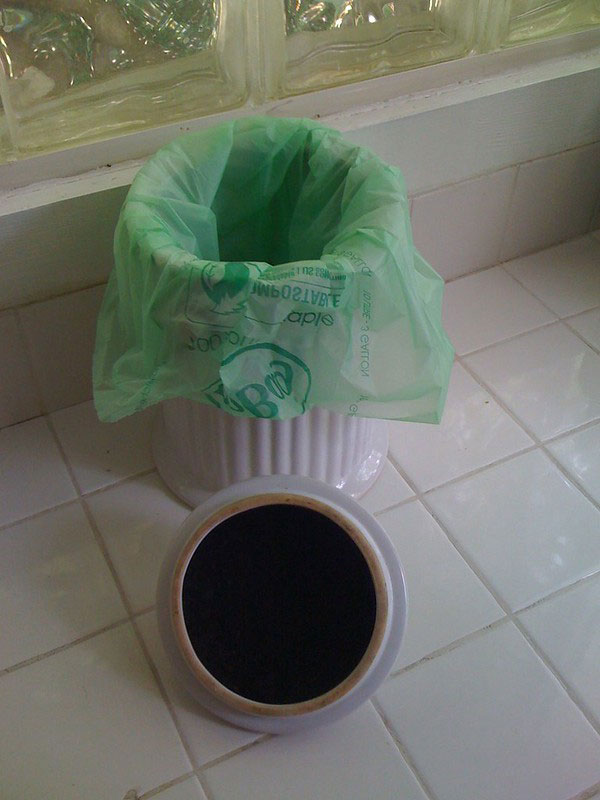
What can be put in your compost pile?
Composting makes cleaning out the fridge easier and trash loads lighter. Compost piles are forgiving, anything can be added and will be decomposed to a rich soil for your garden. To avoid a foul smell, it is best to NOT compost meats, fish, dairy, oils, fats, or diseased plants. Here are a common item you can add to your pile:
- Pet waste
- Nuts/ corn stalks
- Food scraps
- Leaves/yard clippings
- Egg shells
- Vegetable/fruit scraps
- Coffee grounds
- Shredded newspaper
- Hair/fur
When is it ready to use?
Compost piles should be turned every 3- 4 days to ensure all materials are decomposing. The ratio of water to compost materials should be 50-50. Within 1-2 months you should have usable compost.
Ways to use your compost:
- Enrich your garden
- DIY potting soil for your indoor plants
- Homemade liquid fertilizer
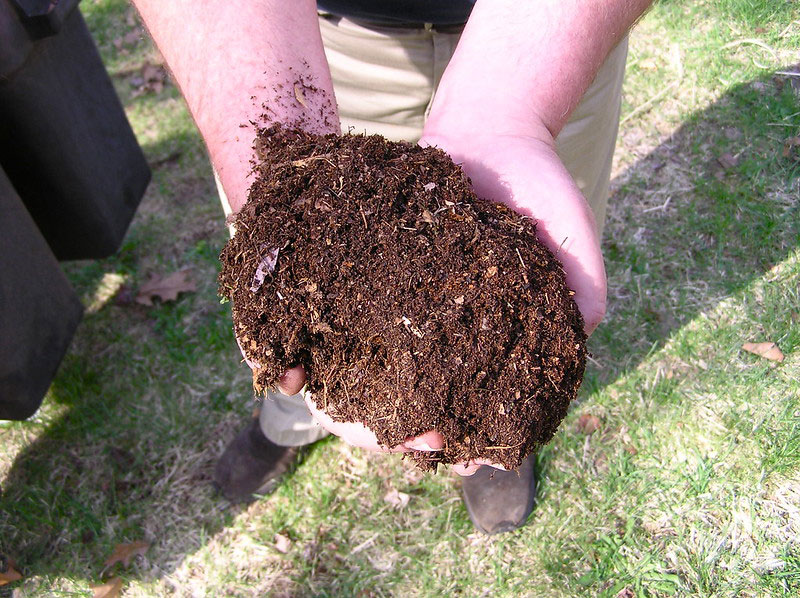
Using your compost in your garden and indoor plants helps the health of your soil and can be a natural pesticide. Water your plants with compost tea to return nutrients like nitrogen, phosphorus, and potassium. To make homemade liquid fertilizer, or compost tea, simply steep your compost in water for a few hours then drain and use the liquid on plants of choice.
Composting is easy and doesn't take time away from your day. It reduces organic waste in landfills, helping to reduce methane emissions into the environment. Try composting to help create a greener earth and add beauty to your garden and neighborhood.
Picture Credits:
- "better compost" by normanack is licensed under CC BY 2.0.
- "The finished compost bin" by London Permaculture is licensed under CC BY-NC-SA 2.0.
- "tumbler-composter" by Avian Imagery is licensed under CC BY-NC 2.0.
- “Kitchen counter compost, 2 of 3” by ghwpix is licensed under CC BY-NC-SA 2.0.

